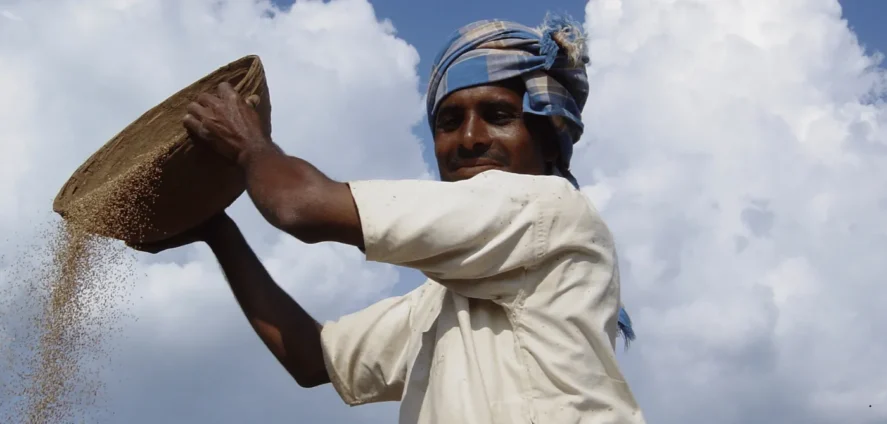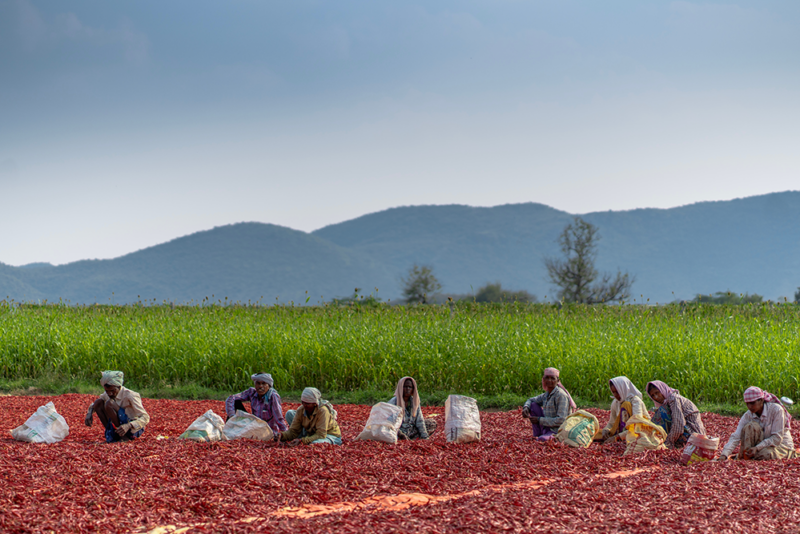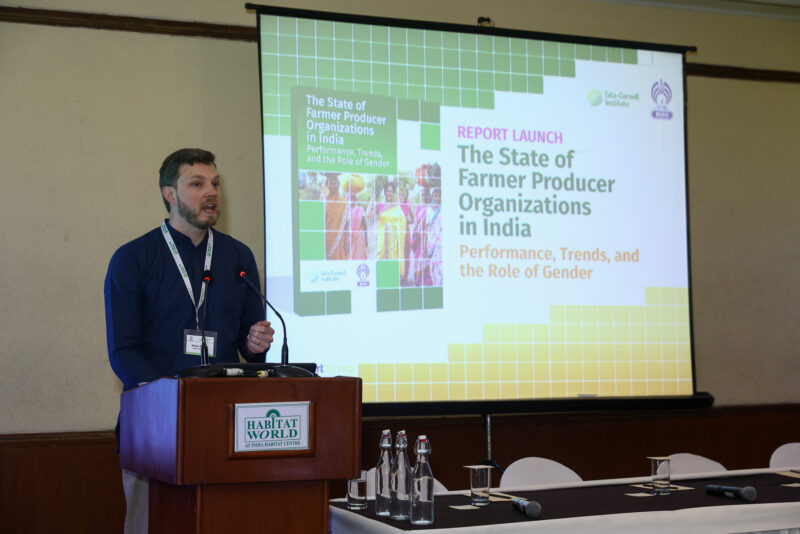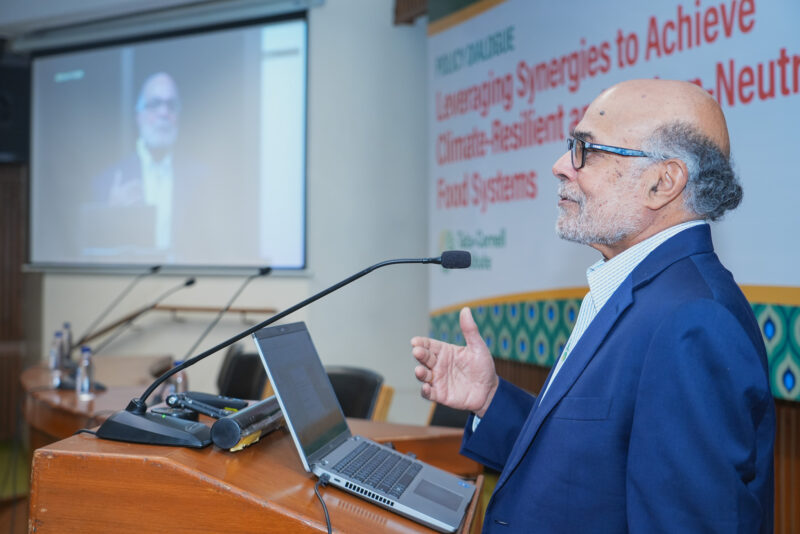TCI Researchers Offer Plan to Reduce Environmental Impact of PDS

India can reduce the negative environmental impact of the Public Distribution System (PDS) by replacing some of the rice and wheat procured for the program with millets and including more states in the procurement process, researchers from the Tata-Cornell Institute for Agriculture and Nutrition (TCI) argue in a new article in The India Forum.
Citing their 2024 study on the “true cost” of the PDS, TCI research associate Raghav Puri and Director Prabhu Pingali explain that PDS procurement incentivizes the production of rice and wheat in states with high water stress, rather than more environmentally sustainable alternatives like millets, pulses and oilseeds. According to their research, the cost of producing and distributing rice and wheat through the PDS is 2 and 1.8 times that of millets when environmental costs are taken into account. They contend that replacing 1 kilogram of rice with 1 kilogram of millets for one quarter of PDS recipients would reduce the program’s true cost by 3%.
Puri and Pingali also make the case for expanding the PDS procurement to more states, explaining that because most food grain is procured from a handful of states, many of the hidden costs of production are borne solely by the residents of those states. For example, the researchers say that Punjab and Haryana have experienced significant depletion of their groundwater levels due to agricultural overuse. They contend that expanding procurement would reduce stress on scarce water resources while expanding the financial benefits of public procurement to more small and marginal farmers across India.
The researchers note that both of their proposed reforms are permitted under the National Food Security Act, but will require more support from the national government to be adopted more broadly.
“Sustainable public procurement can play a significant role in reducing the environmental impact of food systems,” they write. “True cost accounting can help this endeavor by identifying and quantifying the hidden costs associated with the production, distribution, and consumption of various food items.”
Read the full article in The India Forum: “Reducing the Environmental Impact of the Public Distribution System”
Featured image: A farmer winnows millet. (Photo by Bioversity International/CC BY-NC-ND 2.0)





